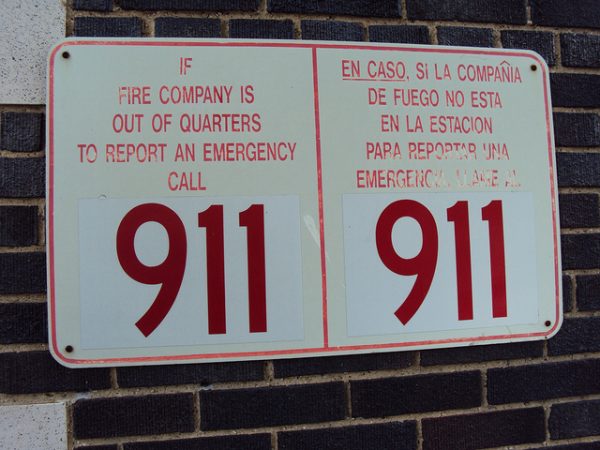
Recent high-profile incidents of police violence against black citizens have spoiled the reputation and legitimacy of legal authorities among many Americans. In a new study, Matthew Desmond, Andrew V. Papachristos, and David S. Kirk investigate one of the consequences of this police misconduct and its accompanying legal cynicism — people are less likely to call 911 to report criminal activity.
Using 911 call data from Milwaukee, Wisconsin, and U.S. Census neighborhood characteristics, the researchers analyze how crime reporting calls fluctuated in the weeks following the high-profile beating of Frank Jude, a black male citizen. Controlling for the level of crime reporting before the incidents, time variation, and neighborhood block-group characteristics, they find that levels of citizen reporting significantly decreased in the weeks following the incident, and that this effect was particularly strong in majority black neighborhoods. This drop in crime reporting lasted for over a full year after the beating, and resulted in an estimated 22,200 fewer 911 crime reporting calls. The researchers also replicate this finding with three other cases of police violence, and show that 911 calls for car accidents were not altered in response to the incidents, suggesting that the reduction in calls was not due to some concurrent event impacting emergency calls overall.
This study illustrates how the high-profile cases of police force do not just impact those closely connected to the perpetrator and victim, but have broader consequences for police-community relations. The decrease in citizen crime reporting can have tragic outcomes for public safety, and the authors note that the uptick in Milwaukee homicides following the Frank Jude beating could be, in part, the result of decreased 911 calls. Overall, the research highlights how seemingly “isolated incidents,” at least as framed by police departments and politicians, can have wide-ranging effects across a community.

Comments